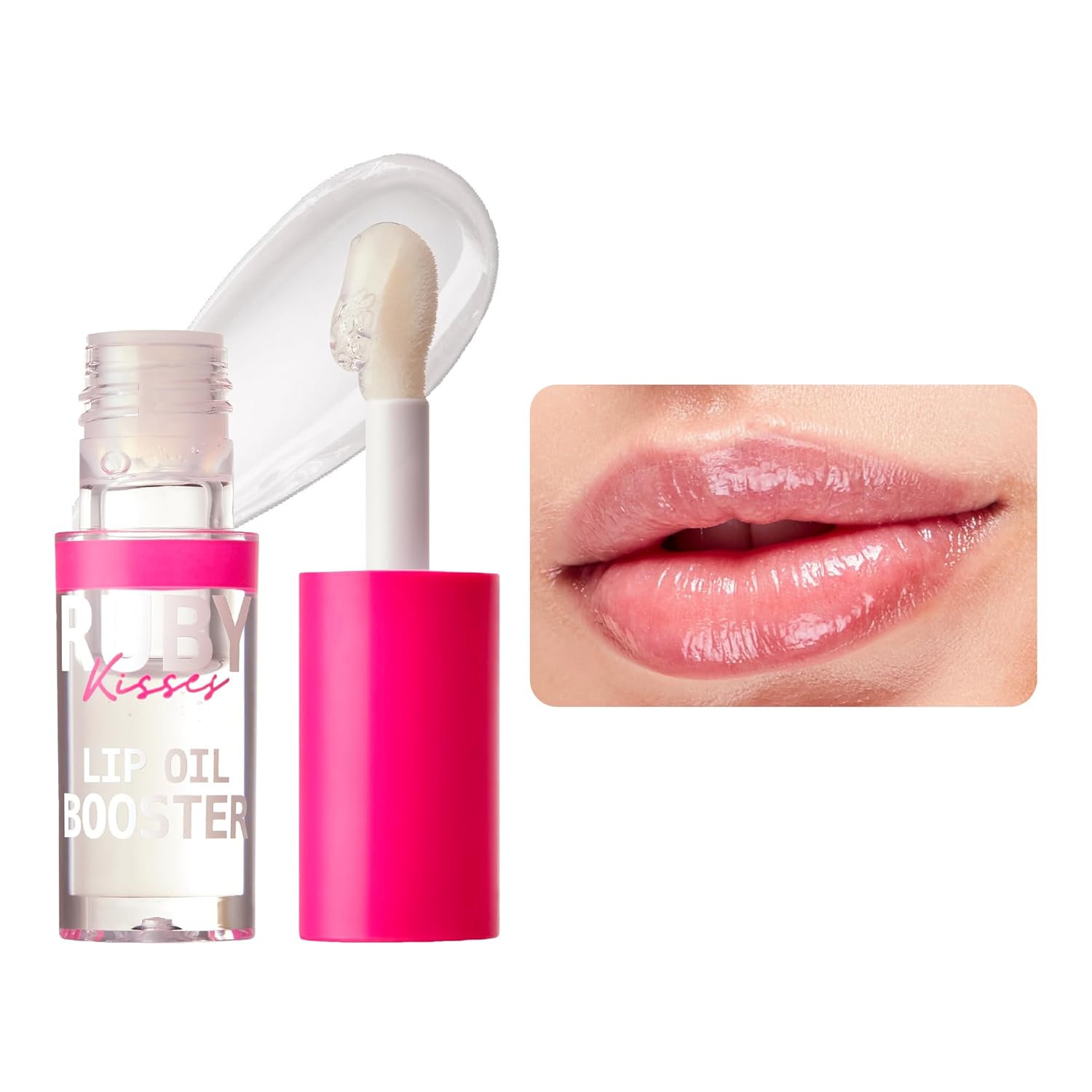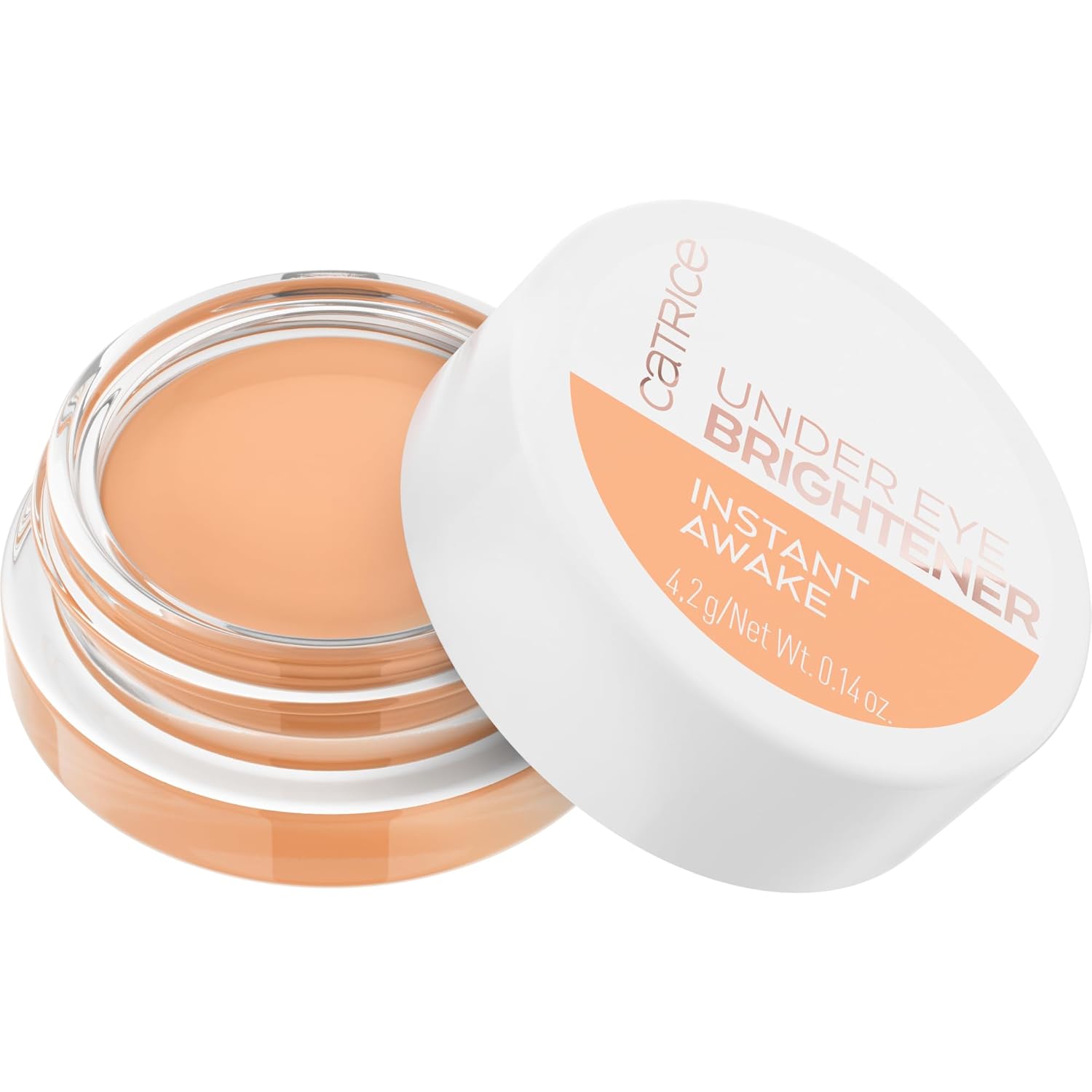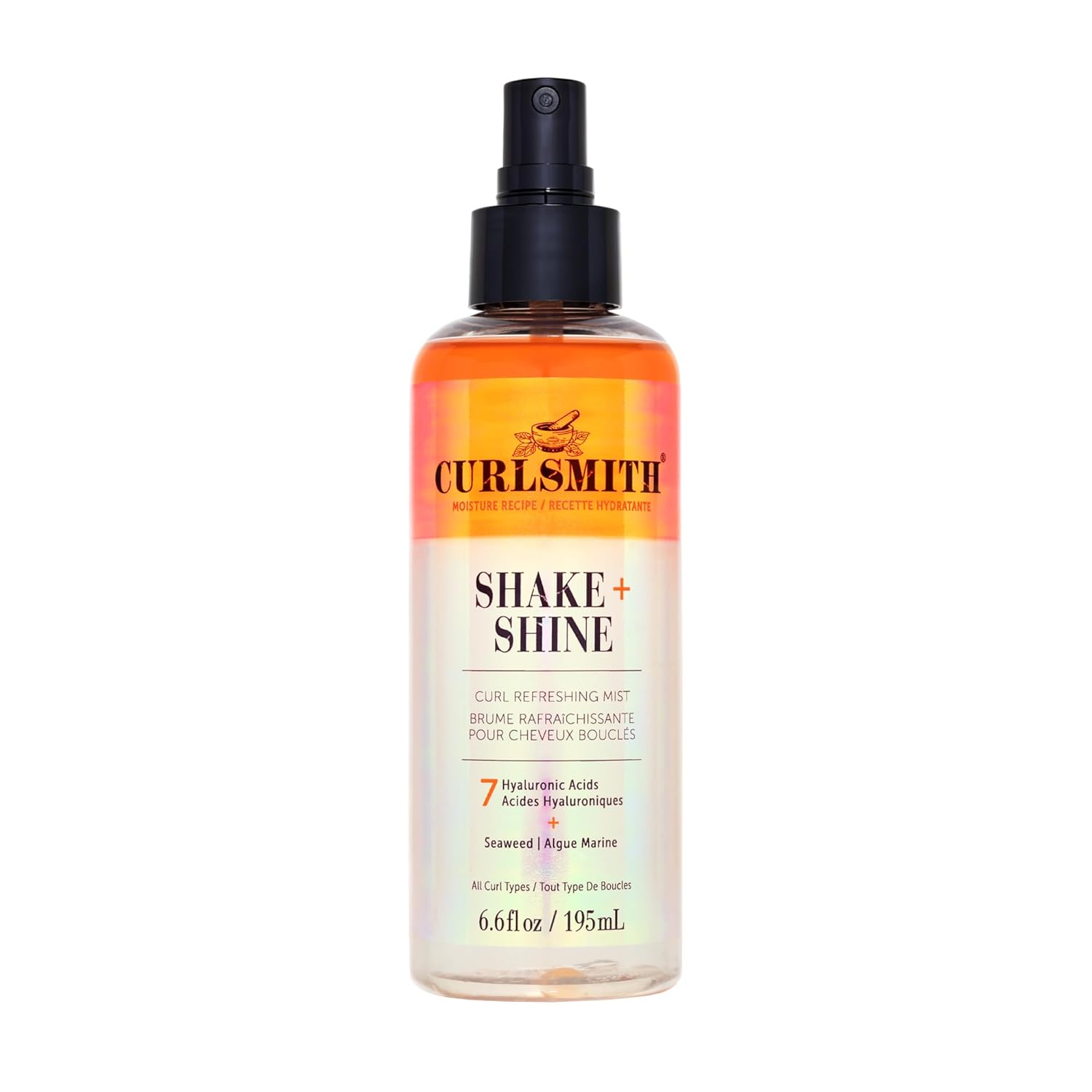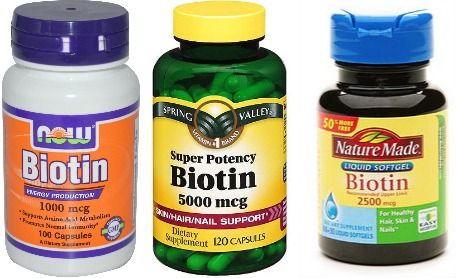
 A quick search on google for “vitamins for hair growth” yields countless results and brands, all promising to help usher in strong, vibrant, and growing hair. Amid proprietary blends and secret formulas, there is one ingredient at the core of every hair boosting vitamin: biotin.
A quick search on google for “vitamins for hair growth” yields countless results and brands, all promising to help usher in strong, vibrant, and growing hair. Amid proprietary blends and secret formulas, there is one ingredient at the core of every hair boosting vitamin: biotin.
But does Biotin have what it takes to give you the hair length you want? Instead of searching endlessly through Google to find the answer, we went to Erica Douglas, also known around here as Sister Scientist.
“Biotin contains high levels of Vitamin B. Vitamin B helps to metabolize carbohydrates, fats and amino acids from our diet into energy, which supports cellular metabolism. This process assists with healthy cell formation and growth, leading to healthy hair, skin and nails when the proper nutrients are in the body. Vitamin B deficiencies have been linked to hair loss, so it’s important that you consume enough of this vitamin in your diet,” says Douglas.
But does biotin have to be in your diet to work? Or can it be applied topically? Douglas says applying it topically will only give the illusion of thickness.
“I believe that biotin is most effective for the purposes of strengthening hair when used internally. Follicles of the hair are linked to blood vessels that absorb nutrients from the body. It’s these nutrients that help to determine the hair’s thickness and strength during the Anagen phase of hair development. Although topical treatments containing biotin can bind the biotin molecule to the hair giving the illusion of more thickness, at the core of it all, you also want the hair to absorb biotin while it is still connected to the blood vessels in the follicle to provide actual improvement of strength and overall hair health,” says Douglas.
“You will need fewer products that promise the “illusion” of strength and thickness if you maintain a proper diet that contributes to physical improvements from inside the hair.” For more information on biotin and castor oil, head over here.
Although most vitamin blends contain 500mcg or more of biotin (and some supplements alone go upwards of 1000 or 5000mcg”>, the daily recommended dose of biotin is about 2.5mg (2500mcg”> for adults. You don’t necessarily need to take a special supplement to get the beauty benefits of this vitamin though — there are plenty of food sources such as wheat germ, whole wheat bread, swiss chard, salmon, chicken, eggs, and dairy that contain biotin. Deficiencies in biotin (although somewhat rare”> can lead to brittle nails and hair loss.
With all the information out there, how can you be certain that a hair growth vitamin or biotin supplement is for you? Let’s take a look at some of the more definitive pros and cons:
Pros
-
Affordable and widely available
-
Helps the body process energy and and transport carbon dioxide from cells
-
Can help strengthen nail cuticles and hair, warding off thinning and breakage of both
-
Supports skin health, and can help ward off psoriasis, eczema, dermatitis, and other rashes
-
Believed to aid in weight loss- when paired with chromium the vitamin supports a quicker breakdown of fats and carbohydrates, leading to a higher resting metabolic rate
-
Improves blood sugar regulation
Cons
-
Can lead to skin breakouts, acne, and rashes (if overdosed”>
-
Raw eggs interfere with the absorption of biotin
-
Interacts with some drugs, specifically those for cholesterol and antibiotics
Takeaways
By and large, it appears the benefits outweigh the potential consequences (of course, unless you are taking a specific drug known to adversely interact”> of taking biotin. If you are concerned with acne outbreaks and rashes, here are a few tips on how to help keep your skin clear:
-
Start out at low doses. Anywhere under 500mcg is ideal. If your body tolerates it well, you can move up as far as you feel comfortable doing.
-







Try taking biotin alone at first, instead of as a part of a multivitamin. This can be difficult to do, but it will help you better assess how your body tolerates biotin. If you feel all is well after a few weeks, it should be safe to incorporate biotin into a multivitamin regimen.
-
Be sure to get adequate levels of vitamins A, C, E, and Zinc. All these vitamins and minerals assist in the production of healthy skin cells, collagen, and acne treatment.
-
Drink Apple Cider Vinegar. This is a personal anecdotal piece of advice from me — I drink a 1-2 tablespoons of diluted ACV every night before bed. It has helped keep breakouts at bay, and even got rid of some pesky bumps I had along my jawline before I began taking the vitamin.








